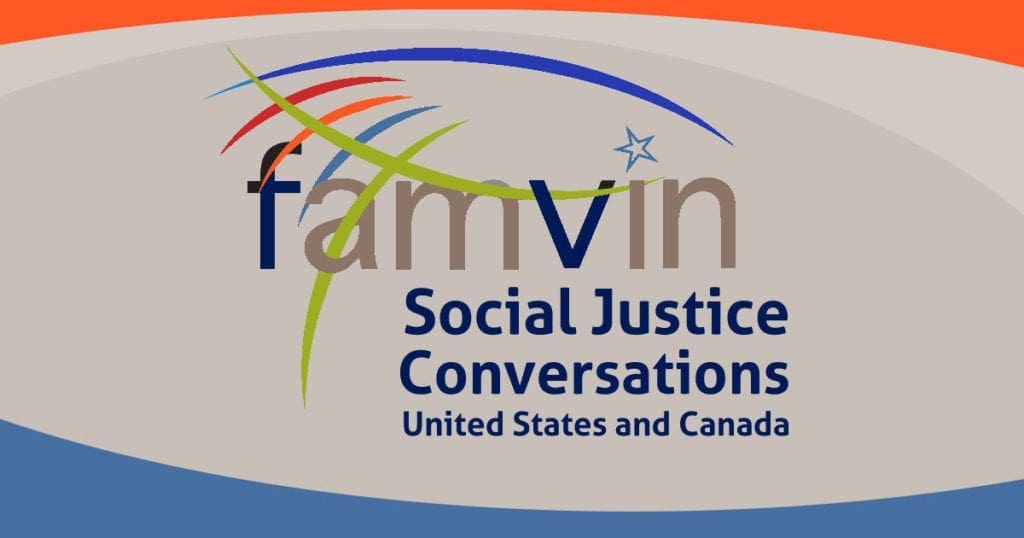It seems like a lifetime ago when we were in the throes of the pandemic. We wore masks and went about attempting to sanitize the world against a virus we knew very little about. Some would contend that we still do not know much about the virus that brought the world to a grinding halt.
On May 4, 2023, International Health Regulations (2005) (IHR) Emergency Committee met and decided there was enough of a downtrend in the numbers that Covid-19 is no longer a public concern.

On May 6, the White House presented the National Covid-19 Preparedness Plan. May 11, President Biden intends to announce that all the national and public health emergencies will end. In short, it means we will all be expected to pay for treatment and vaccines. For all intents and purposes, the number of deaths and infections are now presumably at levels we can live with.
These decisions seem solely to deal with the pandemic from a health perspective. The longer-lasting devastation that came as a result of the covid shutdown is economic. As with anything else our brothers and sisters living on the fringes bear the brunt of our downturns and lag on the recovery.
In the past year, most have slowly started easing back to lives that are reminiscent of pre-Covid times.
Our brothers and sisters living on the fringes are again overlooked in the recovery stories. If one is not part of the working population and has been dropped from the group that is tracked as actively looking, 3.4 percent unemployed–where are they counted? If they are not counted, how are they considered when policy decisions are made?
As Vincentians, we see this population of our neighbors living on the fringes and in need. We are the ones responding to their call seeking assistance. This was the population who were not considered when the world shut down and were not given the tools to work from home. These neighbors living on the fringes were the same people who thankfully had been receiving the Emergency Supplemental Nutrition Assistance Program (SNAP) and now that program ended March 2023, leaving them now in a more vulnerable position.
This is a time when walking with the “two feet of Charity and Justice” is imperative. Merely stocking up our pantries in preparation for the inevitable increase would be an injustice. We need to bring attention to the overlooked. While inflation is not as high as it was last year, the prices have not come down to the level of pre-Covid times.
Please consider joining the call to action of the Society of St Vincent de Paul in the USA as we carry the stories of our overlooked neighbors in need. Add your voice as we collectively ask our elected congressional representatives to not only fully fund affordable housing and homelessness prevention programs, but also support a farm bill that does not cut funding for the Supplemental Nutrition Assistance Program (SNAP).





0 Comments